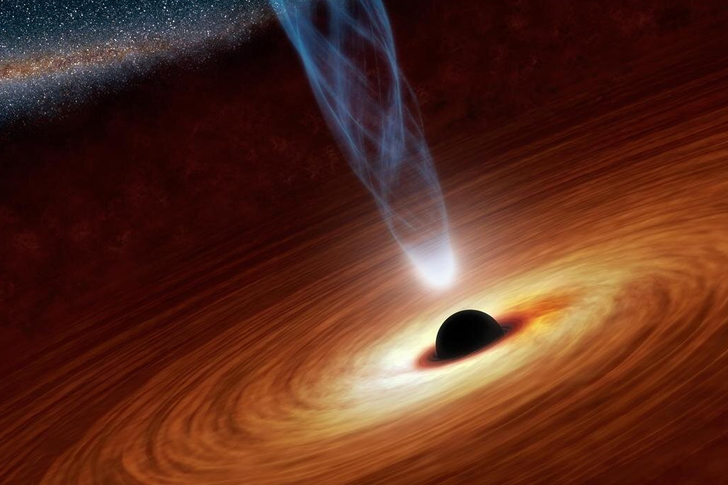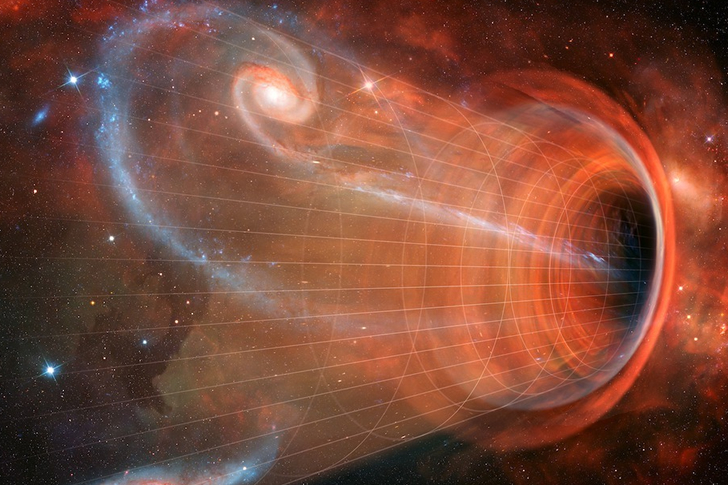Here are A Few Things You Might Want To Know About Black Holes
Nothing is as strong as a person’s enthusiasm to learn about the things around them. Among the many subjects people study – even in their free time – is space and the many worlds outside Earth. Over the years, several people with a high degree of curiosity about the great unknown, known as outer space, have shared their knowledge and time to help fellow researchers and scientists learn more about the world’s inner workings. Eventually, this journey of learning about the many mysteries of the universe led to the discovery of one world-breaking object: black holes.
Besides researchers, several stories in films and books have shown some interest in these planet-consuming objects. Though several of these stories applied a little twist to their concept of black holes, it’s safe to assume that these works of fiction took some credit for having piqued the curiosity of many people far and wide as a result. After all, who wouldn’t want to learn a thing or two about the universe, a place that can make even the most bizarre thoughts about it seem trivial? And now, without further ado, let’s talk about black holes.
They’re In Every Galaxy

Over the years, several discoveries have been made regarding black holes. Though that may be the case, there is still so much to learn about these massive forces of gravity. In the last 30 years, via the Hubble Space Telescope, researchers noticed that every galaxy has a black hole at its center. Furthermore, the size of each of these planet-eating objects is directly proportional to the galaxy’s size – the bigger the galaxy, the bigger the black hole. However, besides its strong gravitational pull, there’s also another thing to worry about. Though they often appear dark in color, black holes go by another name when they start consuming nearby planets and objects: quasars. Besides severely damaging anything beyond repair with its gravity, quasars can emit an extremely high degree of radiation that can blind any lifeform that sees it – nothing in the universe is brighter than a quasar.
The Event Horizon

The strength of a black hole’s gravity is inversely proportional to its size, meaning the larger ones are relatively safer than their smaller counterparts. However, every one of these cosmic beasts has one thing in common.
An event horizon is located at the “bottom” of a black hole. Every planet, asteroid, gas, and all other objects trapped within these forces of gravity would eventually find their way on the event horizon, beyond the point of no return. If, by chance, an object can survive through the gruesome pull of a black hole’s gravity, it still would be unable to escape one – nothing can escape the grasp of an event horizon.
Does It Have An Equal And Opposite Reaction?

Isaac Newton’s Three Laws of Motion are often the first few things we learn about the world’s inner workings. The third law states that for every action, there exists an equal and opposite reaction. With that in mind, it comes as no surprise that several researchers have spent a significant amount of investment money to find out about the possibility of a white hole’s existence.
A white hole is the exact opposite of a black hole. Instead of permanently erasing an object, white holes introduce a new member to the universe. Over the years, scientists have speculated a possible scenario that once a black hole dies, it is revived for a brief moment as a white hole, spewing out everything it consumed before finally disappearing from existence. In a sense, it’s quite assuring to know there’s a possibility that not everything is truly gone. But just like black holes, there’s still so much to learn about white holes – and whether or not they even exist.
Hopefully, this article helped you learn – to some degree – a thing or two about the world and what lies beyond our sights. The universe is filled with many things, just waiting to be discovered. And though knowing every nook and cranny about it is quite the challenge, it wouldn’t hurt to give it a shot, right?
